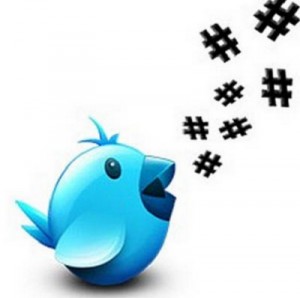
Online Career Tips, Special Contributor
When we hear the word “etiquette,” we commonly think of using the correct fork or putting our napkin in the right spot. Etiquette can be very important in life, whether you are using it at the dinner table or in a financial meeting. But have you ever thought about etiquette online? When using social media, there are certain standards that you should meet to best convey yourself as professional.
Linking To Your Employer
Many people link to their employers in many ways on social media. Whether they associate their name in the occupation section on Facebook or include their place of work in the byline on Twitter, employees must use caution after creating this link.
Some advice: Many people create two separate accounts, or apply some pretty complicated privacy settings, if they feel the need to share overly-personal information. One is to publicize their social life outside of work, or any personal goals that do not align with their profession. This is the one they use to display their constant partying or ranting about a relationship. The other is to engage with the professional crowd. Do not mix the two. Your friends don’t want to get a sales pitch from you during work hours, and connected professionals don’t want to (and shouldn’t) know about your excessive behavior outside of work.
When you link to or refer to your employer, you now represent them. Use this to positively promote the business you work for, and to build up their growing reputation.
For an example, if you work as a nurse at two alcohol rehab treatment centers, the last thing you would want to put on your business profile is details about (or worse, photographic evidence from) your night drinking a keg and a half. This would not only hurt your reputation and your employer’s, but could also harm your clients by making yourself less credible.
Keep It Clean
Not only does this go for the fact that you shouldn’t post thing you don’t want your mother to see, but you also shouldn’t post things that have the potential to get into the wrong hands. This would go for (but is not limited to) pictures of you doing inappropriate or illegal acts or posts that use a fair amount of foul language.
#Overuse #Of #Hashtags
Hashtags were created to discuss specific events and relevant issues. They are supposed to be used to congregate people with similar interests such as #music, #sports, or even #GameOfThrones.
People today are abusing them to an extreme. For example: “I was walking down the hall and dropped my pencil #iAmSoClumsy #CantBelieveThat.” Sure, this may be a slight exaggeration, but I’m positive that you have seen people do this multiple times on Twitter. A good rule that I try to follow is “If someone else wouldn’t use the same hashtag, you shouldn’t use it.” Use hashtags the correct way – the way they were intended to be used – and you can gain some benefit from them. Abuse them, and you look stupid.
Social media is now the way people perceive you. Misspelled words can turn away an employer and crude pictures can make you look unprofessional. On the other hand, if you keep up a polished, tasteful social presence, you could be rewarded for your efforts.
Comments are closed.